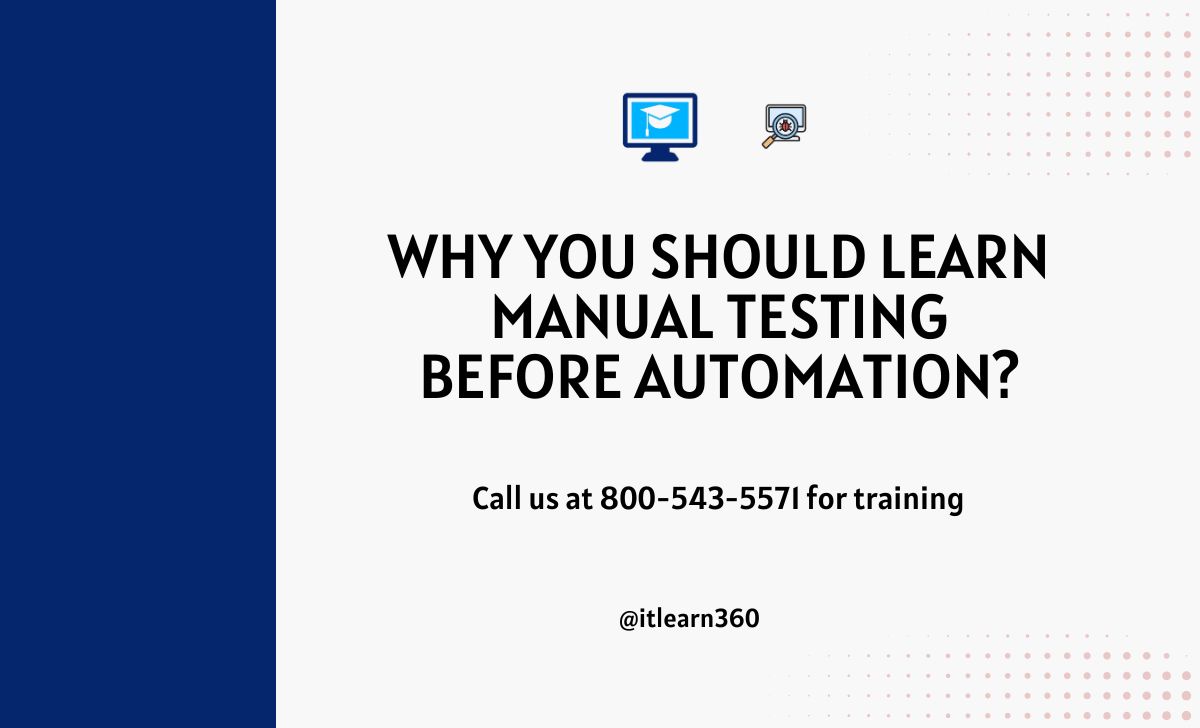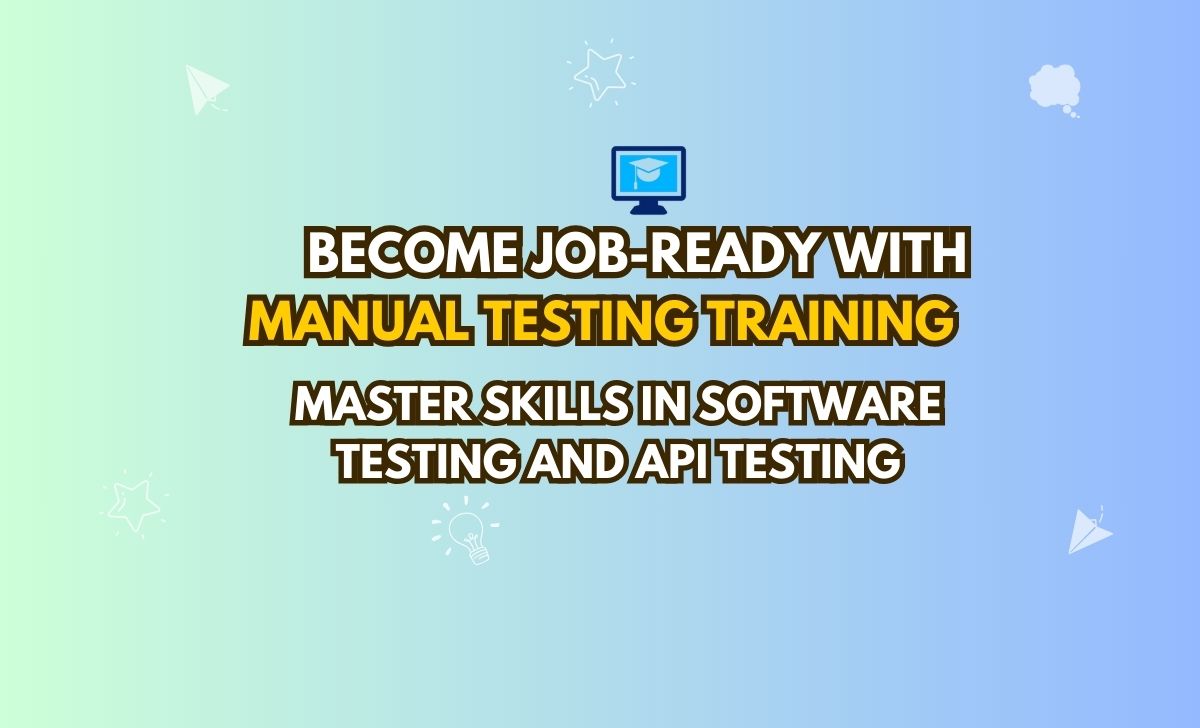In the global market, IT startups and IT giants are offering various platforms to their customers. To provide a robust solution, all are moving to build microservices or API-driven architectures.
Before moving ahead, let’s discuss a quick question, what is API?
Application programming interfaces, or APIs, simplify software development and innovation by enabling applications to exchange data and functionality easily and securely.
So whether we order the food online or use third-party services, all invoke APIs in the background & get the response against them.
Now the real question comes, Why is the IT industry approaching API Testing?
To stay in the market, business needs to change quickly, where new competitors can change a whole industry with a new app. To stay competitive, it’s critical to support the rapid development and deployment of innovative services. So, here comes the APIs that helps business in the development & deployment of the new services to stay in the market. Because APIs simplify how developers integrate a new application module into an existing architecture, they help business and IT teams collaborate.
But some questions come to mind, are APIs secure? How do platforms assure APIs that they are offering are secure? Whether it is a food order platform or cloud platform or PaaS or SaaS platform. It is needed to ensure APIs are secure & robust.
To ensure that APIs are secure & robust, they have to go through all possible tests. Let’s discuss the parameters that would have to check:
- To ensure the APIs, work as expected.
- To specify and ensure the API can handle the desired load.
- To establish, the APIs work seamlessly through the operating systems and devices.
- To ensure the data that passes through the API is secure.
- To make sure, all the business rules have been implemented correctly at the API level.
- To enable a better user experience.
- To ensure the more effortless expansion of applications.
- To make sure, the API provides the required functionality(Functional testing).
- For robust API, needs to verify code, discover the defects at an early stage and evaluate any unwanted code. In a simple way, we have to do smoke testing.
Challenges of API Testing
Challenges of API testing includes:
- The main challenges in Web API testing are Parameter Combination, Parameter Selection, and Call Sequencing
- There is no GUI available to test the application which makes it difficult to give input values
- Validating and verifying the output in a different system is difficult for testers.
- The exception handling function needs to be tested.
- Coding knowledge is necessary for testers.
So far, we have discussed what is API? And why the industry is approaching APIs & what parameters have to check to make API robust & secure? But how can we test APIs?
To test APIs, here are the top 6 tools:
Following are the top 3 API tools:
1. Postman:
Initially, Postman was launched in the market as a Google Chrome extension. The main purpose of Postman is to test API services.
Features:
- Users can extract web API data through Postman’s interface
- It includes collections, workspaces, and built-in tools.
2. Soap UI:
To test Web services REST and SOAP APIs use the platform of Soap UI.
Features:
- The free package of Soap UI gives access to the full source code to the users
- Drag-and-drop functionality and point-and-click is covered in the free package
- The fixed package of Soap UI covers data-driven testing, REST, GraphQL, SOAP, JMS, and JDBC testing.
3. JMeter:
Initially, this API testing tool was developed to perform load testing. As of now, it is well-known for functional API testing.
Features:
- Users are allowed to include API tests within CI pipelines through the integration of JMeter and Jenkins.
- JMeter tool works really well with CSV files. This tool also helps teams to build unique parameter values for tests.
How can ITlearn360 help you to be an API Tester?
ITlearn360 designed a roadmap, especially for API testers. It helps professionals or beginners to get the concepts & hands-on experience to test SOAP, HTTP, and REST web services.
What will you learn?
- Various tools like Soap UI, Postman, Jmeter & Git.
- You will be able to create projects, test suites, test cases, test steps and populate variable data in Soap UI.
- You will be able to understand web service requests and response WSDL files and JSON files.
- Able to automate API Testing with Groovy in Soap UI.
- Able to do performance testing with Jmeter.
- Able to create mock requests for integration testing.
- Able to perform Assertion.
- Able to create Automated Pre-requisite script to get authorization token in Postman & add into headers to test complex or secure APIs.
- Automated postscript to check different assertions like HTTP responses, body content, etc. in Postman.
& many more…
To get more details, please click on the following link:
https://www.itlearn360.com/career-paths/webservices-api-tester/
Happy Learning 😀







